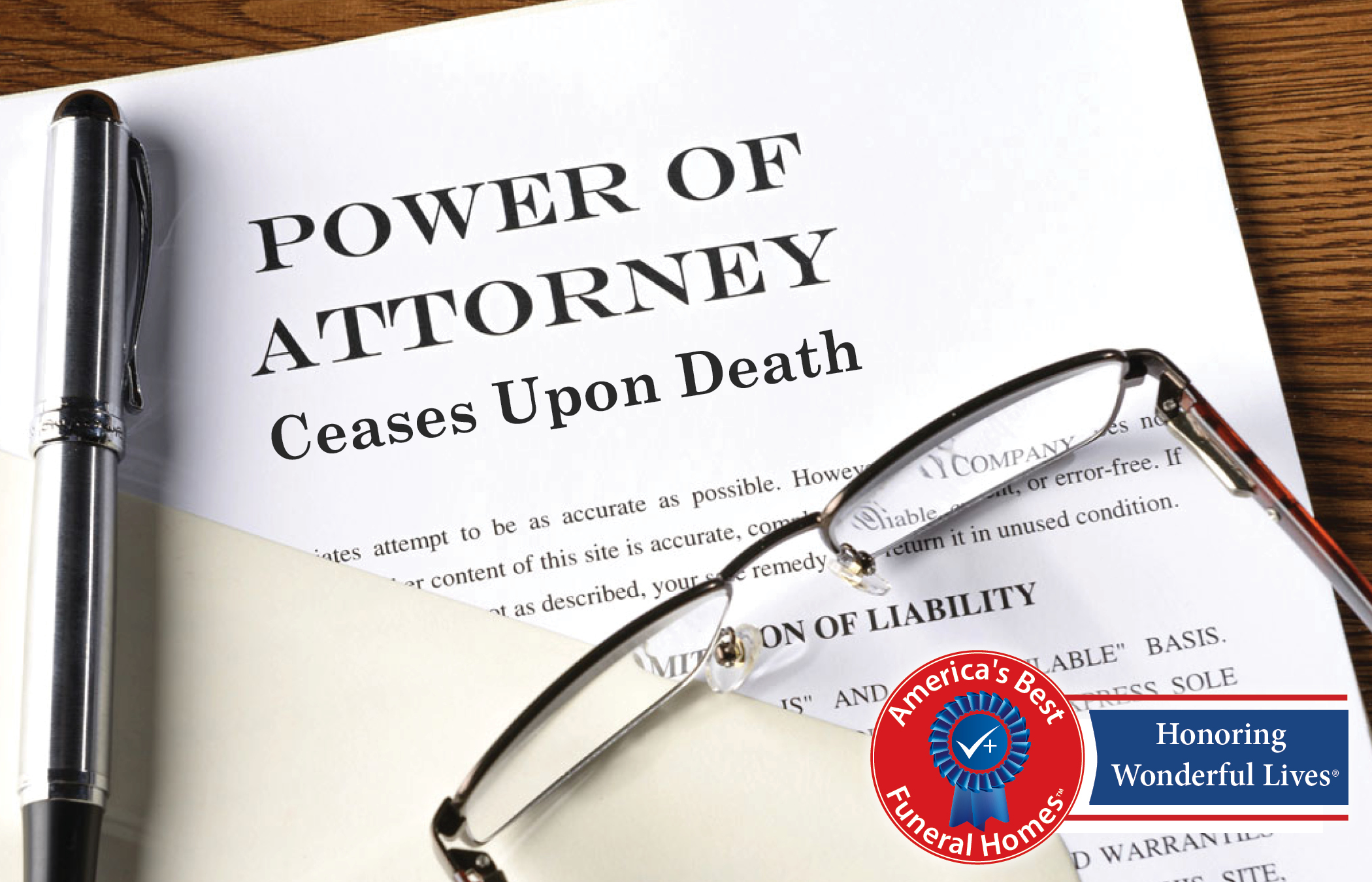

When faced with the difficult decision of having to choose a funeral home to care for your loved one and your family, put your trust & confidence in your local America's Best Funeral Home. They offer a wide selection of signature funeral and cremation options. Exclusive ABFH Funeral Home Providers understand that what matters most when losing a loved one is guidance & understanding. They promise to honor the dignity of those entrusted to their care and respect the wishes of every family they serve. When choosing a local, family-owned funeral home to care for your loved one, only the best will do, America's Best.

Nowadays communities have a new expectation of funeral directors. Exclusive ABFH Funeral Home Providers realize the value of personalization and accept the fundamental idea that families are not happy with cookie cutter funerals. They are adapting by offering new products & services crucial to remaining relevant. Exclusive ABFH Funeral Homes guide families in creating a deeply personal and healing Remembrance Gathering that captures the essence and personality of their loved one. They help families remember, celebrate and honor wonderful lives by strengthening the connection between family and friends at time when it is needed most.
A Remembrance Gathering plays a significant role in our lives and is an essential component of the healing process. Gather to honor, remember and celebrate their history, personality and accomplishments.
A Remembrance Gathering is an opportunity for family and friends to share experiences that should be recognized and cherished. Think of all the things you should remember, the work and play, the interests, and above all, the people who were a part of it. Planning a Celebration of A Lifetime will provide meaning and lasting memories for everyone in attendance.


The entire ABFH network of local family owned & operated funeral homes appreciate the trust that families & hospice caregivers place in them and they constantly strive to be deserving of that trust. At no time will family members be without support. The strong attachments & trust developed in one supportive environment (hospice) are shared & transferred to another (ABFH funeral home) as the family moves through the process of dying, death & bereavement.
When you consider the philosophy of hospice & funeral service, it is clear why the continuum of care provided by the professional staff of America's Best Funeral Homes providers is a "natural extension" of hospice care.
Like all Christian worship, the Christian funeral service has both a vertical and a horizontal dimension. Taking a phrase from an old sacramental form, we attend a funeral to "remember and believe." At the Christian funeral we want and need to remember. The Christian funeral throbs with very human emotions and ought to both reflect them, & minister to them. The Christian funeral is, therefore, a public ritual in which grief is expressed, precious memories are rehearsed, and lifetimes are remembered.
The Christian funeral service focuses mainly on the deceased entry into Heaven and God's ability to give the grieving strength to cope with their recent loss. According to the New Testament, Jesus sacrificed himself to his enemies and was crucified. This sacrifice was made to pay for the sins of all mankind. A true believer in Jesus and the Christian faith will be forgiven for sins as a result of Jesus’ sacrifice and gain eternal life in Heaven. Christian funeral services serve the same purpose: to pray for the soul of the deceased, as well as to offer comfort and support to the bereaved.


A Power of Attorney is a document that grants another person permission to act on their behalf, during life, thus when that individual passes away, the document is null and void. After death, the executor or personal representative of the estate takes over the responsibility for managing the deceased's affairs, which includes distributing assets and settling debts, according to the terms of the will or state law.
Rightfully so, many people wonder what is within the agent’s power once the principal dies. After all, it would certainly be convenient. As such, can a power of attorney withdraw money after death is a common question and the answer is a resounding NO. They no longer have the authority to make any decisions on behalf of the estate.
Social Security pays out two types of death benefits. The first is a lump sum death benefit of $255 only to a surviving spouse. The second is an ongoing monthly death benefit called a survivor benefit. If there is no spouse, a dependent child generally age 18 or under is then eligible for a one-time lump sum death benefit.


Burial benefits available include a gravesite in any of the VA's 135 national cemeteries with available space, opening and closing of the grave, perpetual care, a Government headstone or marker, a burial flag, and a Presidential Memorial Certificate, at no cost to the family. Some Veterans may also be eligible for Burial Allowances.

If you are in immediate need of planning funeral services for a family member or friend, please accept our sincere condolences. The experienced & knowledgeable staff of your local America's Best Funeral Homes Provider is standing by to respond to your call, expedite transport of your loved one and answer your questions with compassion & sensitivity.